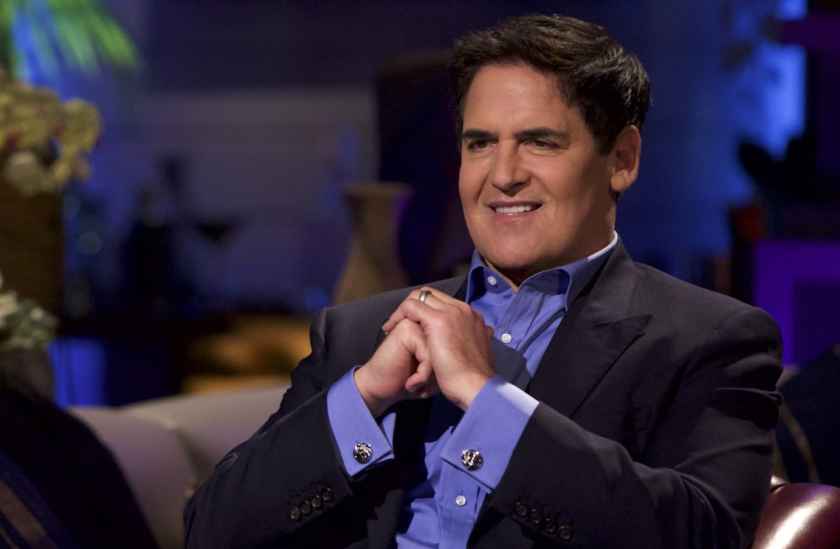Watch: Mark Cuban on why DeFi and NFTs are the future

Non-fungible tokens (NFTs) have been dominating the headlines in recent months as everyone jumps on the crypto-collectibles and digital arts bandwagon. Although NFTs have been around for quite a while, the public is just beginning to understand the future potential especially in areas like unique digital collectibles and memberships for digital artists. However, many are still wondering why people are paying millions to buy digital arts.
Before you dismiss NFTs as another tech fad, NFTs are not just for creating unique tokens for digital arts, they also have other use cases including the gaming industry, academic credentials, ticketing, supply chain, and also use them as reward tokens for digital artist fans.
So, what are NFTs? NFT (non-fungible tokens) are a type of cryptographic token on a blockchain that represents a unique digital asset. This asset can either be entirely digital assets or tokenized versions of real-world assets. Because NFTs are not interchangeable with each other, they may function as proof of authenticity and ownership within the digital realm, for example as proof of the authenticity of rare art.
Just last week, Twitter founder Jack Dorsey put his first tweet as an NFT. Already, the auction has drawn a $2.5 million bid. Dorsey is not alone in cashing in on NFTs. Last week we wrote about how Elon Musk’s partner Grimes made $5.8 million in just 20 minutes selling digital art (NFT). Artists, influencers, and NBA stars are making millions from non-fungible tokens (NFTs).
Celebrities like Lebron James and Mark Cuban are already cashing in. And talking about Mark Cuban, he recently appeared on Bankless Channel on YouTube where he talked about fintech and why DeFi (decentralized finance) and NFTs are the future.
Unlike the current banking or financial system, DeFi or Open Finance movement refers to an ecosystem of financial applications that are built on top of the blockchain network. DeFi aims to eliminate the need for traditional banks or financial systems by providing an open alternative to every financial service we use today — savings, loans, trading, insurance, and more — accessible to anyone in the world with a smartphone and internet connection.
In the one and half-hour interview session, Cuban didn’t seem to like bitcoin even though he has been buying the world’s most popular cryptocurrency since its early days. However, Cuban is bullish about the future of DeFi and its potential to revolutionalize the current financial system, which he thinks may one day eliminate the needs for the traditional banks. He likens DeFi and NFTs to the early days of the Internet. “There were plenty of search engines before Google,” Cuban said. He said DeFi is America 2.0. Cuban said companies that use these technologies to demonstrate values will prevail in the end.
Below is the video. Enjoy!

